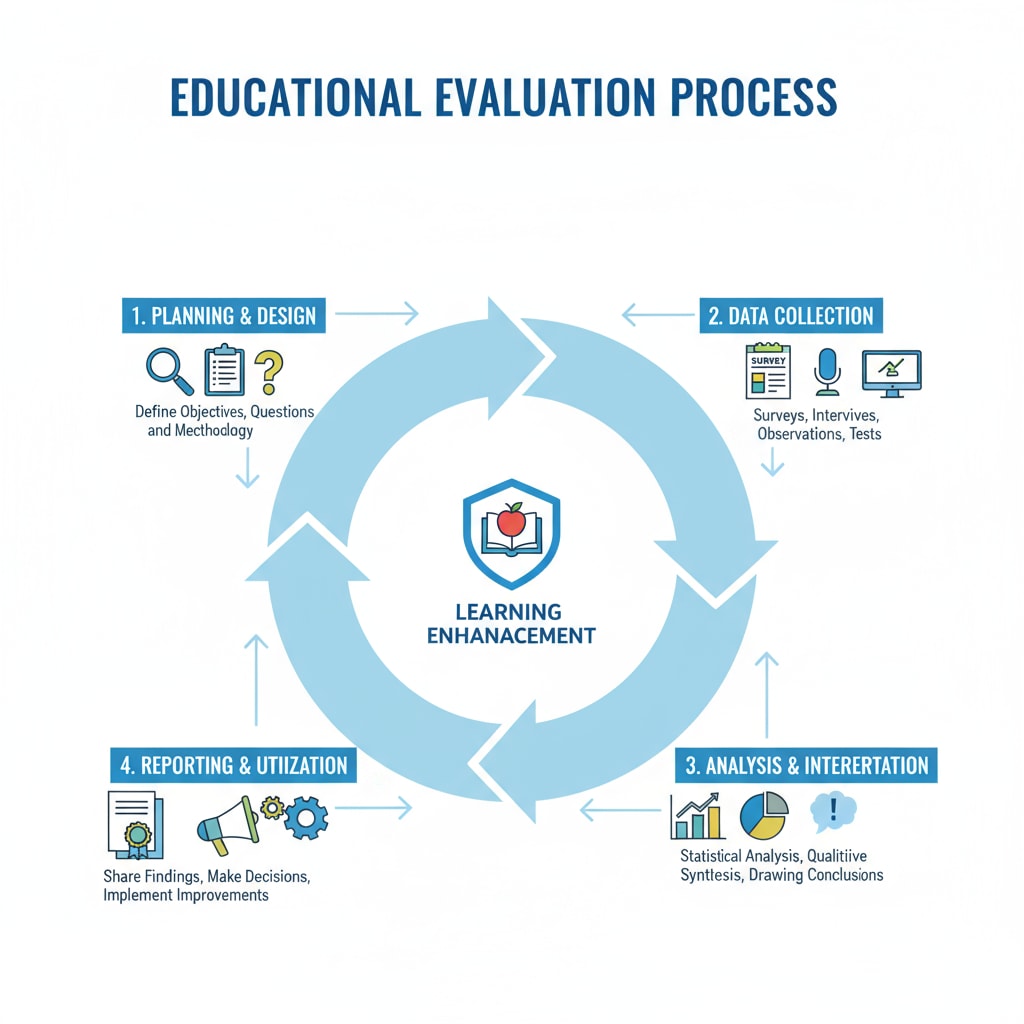In the realm of education, the concepts of research, evaluation, social inequality, and education itself are intertwined in complex ways. Research and evaluation, though often confused, play distinct yet complementary roles in addressing social inequality within the education system. This article aims to deconstruct these concepts and explore how they can be harnessed as powerful tools for social change in K12 education.

The Nature of Research in Education
Research in education is a systematic inquiry aimed at generating new knowledge, understanding educational phenomena, and developing theories. It involves exploring questions, gathering data, and analyzing information to gain insights into various aspects of education. For example, research might investigate the effectiveness of different teaching methods, the impact of curriculum design on student learning, or the factors influencing educational attainment among different social groups. According to Educational research on Wikipedia, educational research can be qualitative, quantitative, or a combination of both, each approach offering unique perspectives and insights.
The Role of Evaluation in Education
Evaluation, on the other hand, is the process of making judgments about the worth, effectiveness, or quality of something. In education, evaluation is often used to assess the performance of students, teachers, programs, or policies. It helps to determine whether educational goals are being met, identify areas for improvement, and inform decision-making. For instance, a school might conduct an evaluation of a new teaching program to see if it is achieving the desired learning outcomes. As defined by Evaluation in education on Britannica, evaluation can take various forms, including formative evaluation (which occurs during the implementation of a program to provide feedback for improvement) and summative evaluation (which assesses the overall effectiveness of a program at the end of a period).

Differences between Research and Evaluation
One key difference between research and evaluation lies in their purposes. Research is primarily focused on generating knowledge and understanding, while evaluation is more concerned with making judgments and providing feedback for decision-making. Another difference is the nature of the questions they address. Research questions tend to be broader and more exploratory, aiming to uncover new insights, while evaluation questions are more specific and focused on assessing the performance or effectiveness of a particular entity. Additionally, research often involves a longer time frame and more in-depth data collection, while evaluation can be more focused and time-limited.
Connections between Research and Evaluation
Despite their differences, research and evaluation are closely connected. Research can provide the theoretical foundation and evidence base for evaluation. For example, research findings on effective teaching practices can inform the design of evaluation criteria for teachers. Conversely, evaluation can generate new research questions and provide data that can contribute to further research. Moreover, both research and evaluation are essential for improving educational quality and addressing social inequality in education. By understanding the connections between these two concepts, educators and policymakers can use them in tandem to drive positive change.
Applying Research and Evaluation to Address Social Inequality in Education
Research and evaluation can be powerful tools for addressing social inequality in K12 education. Research can help to identify the root causes of educational disparities among different social groups, such as differences in access to resources, cultural biases in the curriculum, or unequal distribution of effective teachers. Evaluation can then be used to assess the impact of interventions aimed at reducing these disparities, such as the implementation of targeted support programs or the adoption of inclusive teaching practices. By using research and evaluation in combination, educators and policymakers can make informed decisions and implement evidence-based strategies to create a more equitable education system.
Readability guidance: This article has used short paragraphs and lists to summarize key points. Each H2 section provides a clear focus on different aspects of research and evaluation in education. The proportion of passive语态 has been kept low, and long sentences have been limited. Transition words such as ‘however’, ‘therefore’, ‘in addition’, ‘for example’, and ‘as a result’ have been used throughout to enhance the flow of the article.


